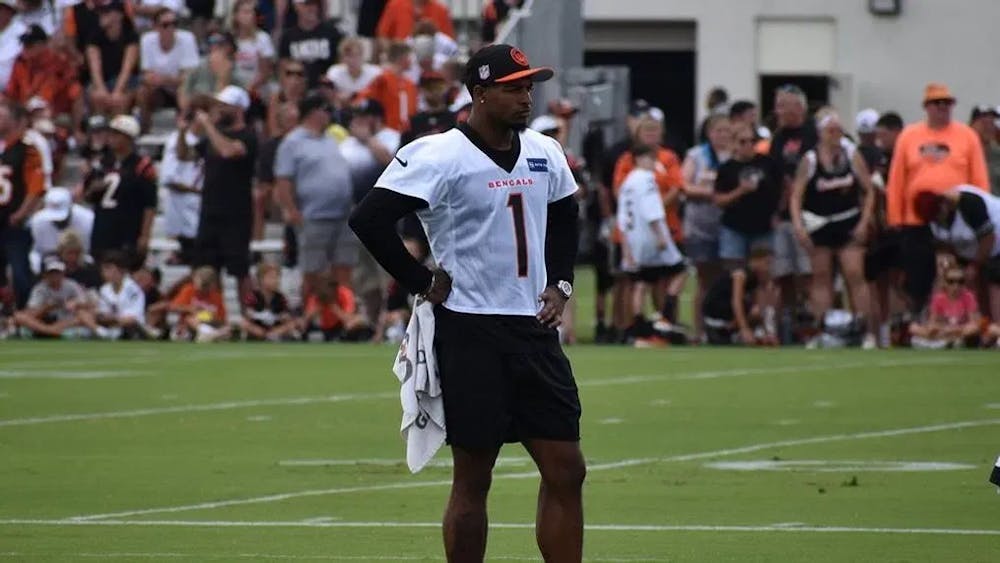The NFL has had no shortage of storylines this offseason, but none more mainstream than contract disputes. We have seen the growing trend of NFL players forcing a front office’s hand to get their desired contract, and 2024 was no exception. The reasons behind these disputes vary from case to case, but it begs the question: Has player empowerment gone too far?
Players want to be rewarded for their work and the danger they put their bodies through every Sunday. Studies have come out in the past decade about the adverse effects of football on the human brain, particularly the effects of CTE (chronic traumatic encephalopathy). A study done by the National Institutes of Health showed that every year of football played increases the chances of being diagnosed with CTE by 15%. Multiply that by the years it takes to get to the NFL and the years you spend in the NFL, and then the numbers begin to add up.
Until recently, studies like these were not at the forefront of the news, and the danger of concussion injuries was not as prominent as it is today. All their lives, these players have heard one phrase:
“Know the difference between being hurt and being injured.”
Football is a business; individuals are put in front offices because they are equipped with the skills it takes to lead a team to be a successful business. Players are products for teams, and executives want to get the most out of their products.
Team management is not part of on-field activities, and although teams have grown to be cordial with players, they have no connection with most of their athletes. As employers, teams hold the power in negotiations. They are meant to make business decisions that lead teams in a positive direction. If a player asks for a contract that general managers deem unfit, they will not hesitate to move in a different direction. The growing talent pool in the NFL has made the hard decisions easier for management by making players more expendable than ever.
So how can athletes even the playing field?
Players have been using their value as products to gain an advantage. Holding out of training camp has become a strong motivator in contract negotiations. This has destroyed the idea that players are solely products, bringing a new angle to contract negotiations.
Humanizing athletes has proven successful in contract talks, with many profiting from this strategy. Just this summer, the NFL had several stars hold out of training camp and receive new contracts before the start of the season. Each offseason, the number of players who hold out of training camp grows, raising the price tag for having stars on your roster.
It’s easy to understand that both sides, players and front offices, want what is best for themselves. The amount of time and effort that goes into running a professional football team is immense, showing why negotiations can become complicated quickly. Player empowerment has allowed athletes to level a playing field that was never meant to adhere to them. It has dismantled an old business method, raising market value and setting a new standard for future generations of athletes to benefit from.

